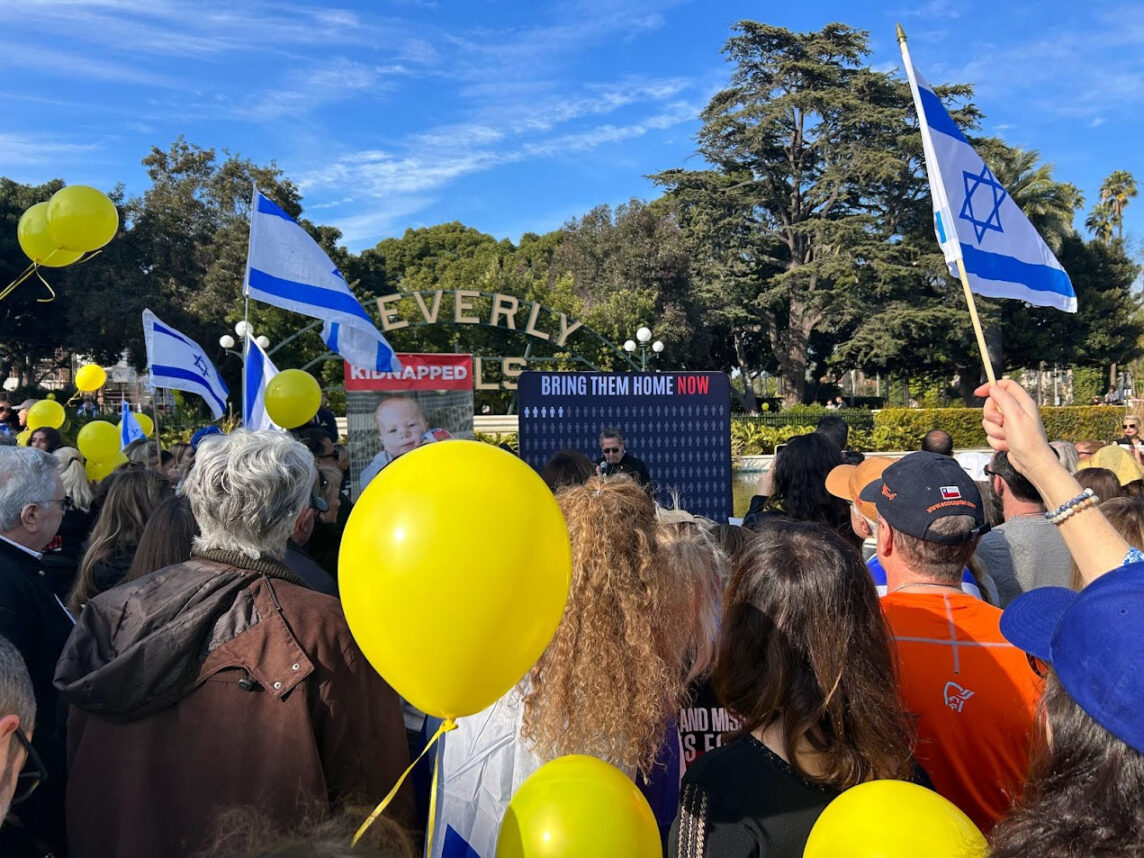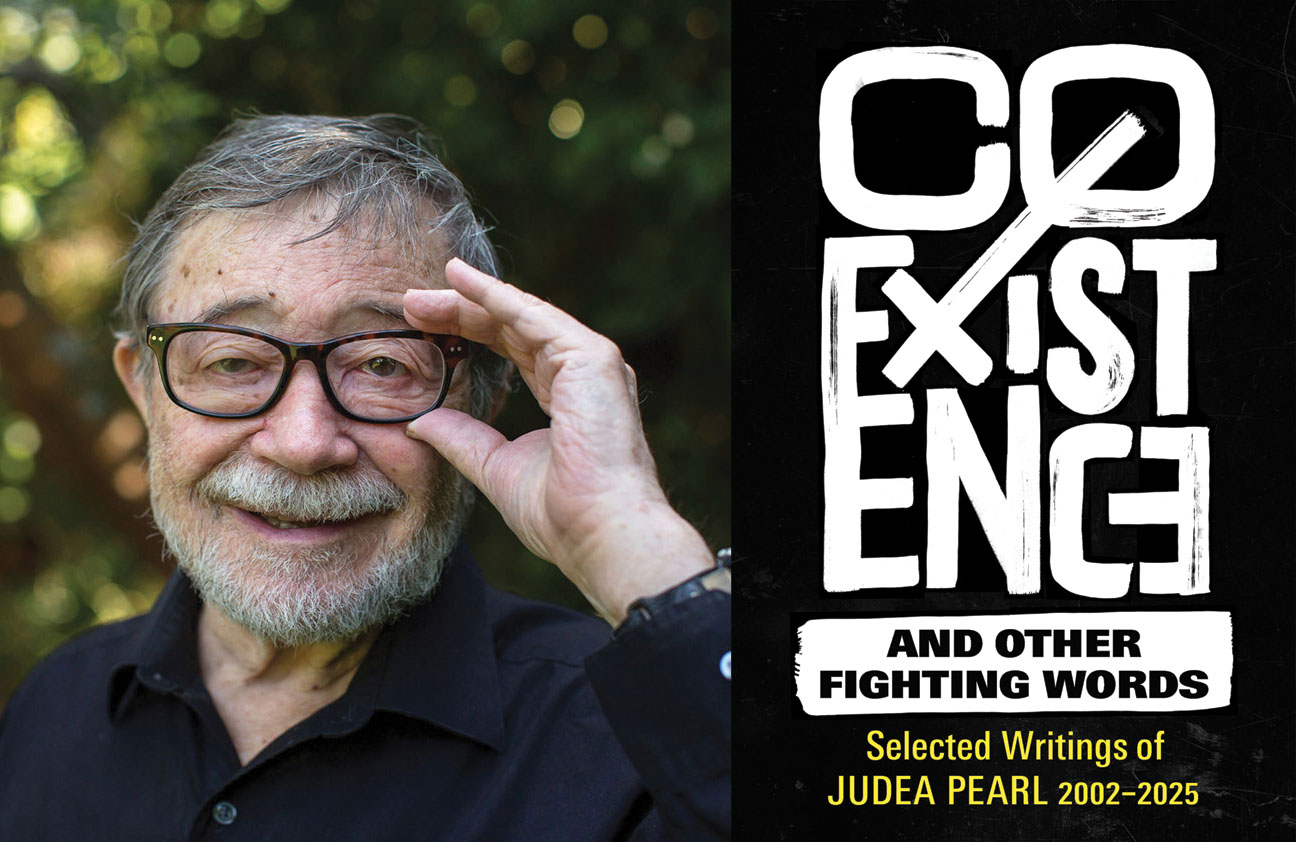Every week, a new message rolls in from a Jewish organization decrying Boycott, Divestment and Sanctions (BDS) as a grave danger to the survival of Israel and the Jews. I don’t know how to react. On one hand, I oppose the global BDS movement, which seeks to boycott and divest from Israel at large. On the other, I can’t join in the rising chorus of demonization against it, to borrow Natan Sharansky’s term of accusation against BDS. A recent column in this paper by Rabbi Pini Dunner, whom I know and respect, went so far as to cast the BDS movement as today’s Amalek, the archenemy of ancient Israel, worthy of obliteration. I assume that this kind of lachrymose theology is not a warrant for violence, but one can never err too much on the side of vigilance when confronting exaggerated religious rhetoric in the service of political goals. After all, that kind of rhetoric has played no small role in the latest outbreak of tragic violence now in Israel and the West Bank.
The shrillness of the debate over BDS — and indeed, its promoters have contributed more than their share — makes it difficult to arrive at a balanced view of things. Here are five propositions to consider when assessing the movement:
Not all supporters of BDS are anti-Semitic: The assumption of many in the Jewish community, including Pinner, is that all supporters of BDS, Jewish or not, are anti-Semitic. The pro-BDS advocates whom I know don’t hold to biased or unflattering views of Jews. They are opposed to Israel’s occupation of the West Bank and subjugation of the Palestinian people. Some believe that the most equitable arrangement for the residents of the region between the Jordan and Mediterranean is a single state (as does Israel’s impressive president, Reuven Rivlin). Is it discomfiting to hear people advocate for a solution that entails the end of Israel as a Jewish state? Yes. Is it anti-Semitic? Not necessarily.
Some supporters of BDS are anti-Semitic: The fact that not all BDS supporters are anti-Semitic does not mean that all of its supporters are free of that millennial malady. Some of BDS’ leading voices deny to Jews the right to self-definition as a nation, which is a curious inversion of Golda Meir’s lamentable statement that there was no Palestinian people. Moreover, at American colleges and universities, some BDS supporters have introduced a toxic tone into campus debates and refused to engage in dialogue with those with whom they disagree. At times, they have descended into dangerous assertions not simply about Israel, but about Jews and their putative political power, as in the case of UCLA student Rachel Beyda in February 2015. The result can be an anti-Semitism in effect, if not intent. It needs to be called out and challenged when it crops up.
BDS’ singularity of focus on Israel is troubling: Whether anti-Semitic in intent, the singular focus of BDS on Israel is curious. After all, the region in which Israel is located is rife with conflict at every turn. Just northeast of Israel, a quarter of a million people have died in the Syria war. Where is the outrage? Meanwhile, ISIS beheads innocent victims. Iraq and Yemen descend into tribal warfare. Egypt’s regime turns more corrupt and violent than ever. Turkey uses the cover of the West’s anti-ISIS campaign to strike out at the Kurds again. Saudi Arabia metes out brutal and primal Islamic justice. One can only ask of BDS supporters: In the midst of this region careening out of control, you see fit to focus the brunt of your attention on Israel? Really? A bit more fair-minded scrutiny of the offenders in the region — and elsewhere — wouldn’t hurt.
Beware of confusing cause and effect: While Jews should be at the forefront of those condemning the wanton violence in Syria and elsewhere in the Middle East, that doesn’t absolve us of the responsibility to attend to our own troubles. The Jewish community is very good at identifying the flaws of its opponents, but less so in confronting challenges within its own camp. Thus, we join together to take aim at BDS. It is good to have a clearly identified external opponent. But we kid ourselves if we don’t recognize that there would be no BDS movement if there were no occupation of the West Bank and ongoing denial of Palestinian national rights. BDS took rise in July 2005, after the collapse of the Second Intifada and the Oslo peace process. Its first declared goal was to end the occupation of the West Bank. Unlike prior Palestinian actions, it is a nonviolent form of protest against the ongoing denial of self-determination to the Palestinian people. There can be little doubt that Palestinians have been terribly served by their leaders, from Yasser Arafat to Hamas to Mahmoud Abbas. But Israel is the far stronger party in the conflict and continues to suppress the Palestinians through a system of land expropriations, checkpoints, security raids, intelligence operations and the invasive security barrier. This is politically and morally unsustainable.
It’s not enough to fight BDS; one must fight the occupation: Jews do themselves no benefit by taking aim at BDS without struggling to end the occupation and granting Palestinians the right to self-determination. We are rapidly losing credibility in the world, among long-standing friends, on college campuses and particularly with our own Jewish youth, who no longer buy the hasbara refrain of Israel’s unblemished virtue. To right an ongoing injustice (and halt Israel’s plummeting reputation in the world), it is imperative to fight the root cause of BDS, which is not anti-Semitism, but rather the occupation. We need a new campaign that makes clear that we stand with Israel and its right to exist, but can no longer tolerate the occupation and settlement-building. They are key factors in the denial of national rights to Palestinians and add fuel to the frustration-driven violence of today. Almost 50 years after the territorial conquests in 1967, with hundreds of thousands of Israeli Jewish civilians dwelling on land that the world regards as illegally settled, it seems hard to dispute that the occupation has been a tragic mistake. It is the Masada of our time — a seemingly bold and heroic pursuit, but ultimately a project of moral failing, political error and collective suicide.
David N. Myers is a professor and the Sady and Ludwig Kahn chair in Jewish History at UCLA.

































